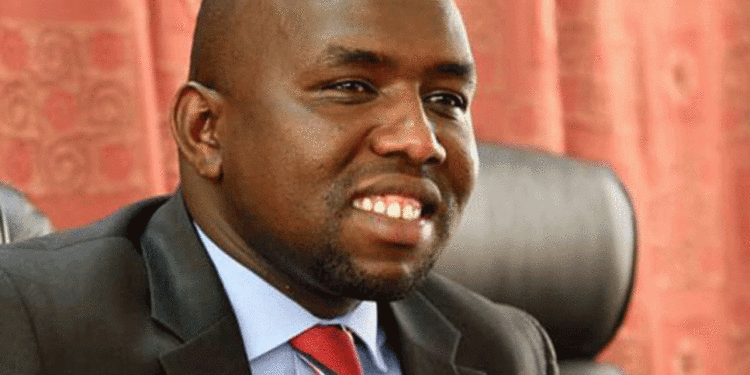The Ministry of Energy and Petroleum has pointed fingers at former Transport Cabinet Secretary Kipchumba Murkomen for an KES 8 per litre increase in fuel prices.
The accusation emerged after both the ministry and the Energy and Petroleum Regulatory Authority (EPRA) denied involvement in raising the Road Maintenance Levy (RML).
Petroleum Principal Secretary Mohamed Liban, in a report to the Senate’s Energy Committee chaired by Wahome Wamatinga (Nyeri), stated that he could not confirm whether Murkomen had sought public opinion before the gazettement of the levy increase.
“The public participation was therefore not to be conducted by EPRA but by the minister responsible for reviewing the Roads Maintenance Levy, as provided for in the Act,” Liban said.
EPRA is mandated by law to implement changes upon the gazettement of the higher levy by the Cabinet Secretary in charge of Transport. “EPRA had to include the revised rates of the RML in the computation of the applicable prices for the period July 15 – August 14 pricing cycle,” Liban explained. This action aligns with the Petroleum (pricing) Regulations, 2022.
Last month, EPRA increased the RML after Murkomen gazetted the hikes, causing public outcry. The levy rose by 39 percent per litre, from KES 18 to KES 25. “The application RML rates were revised upwards by KES 7 per litre on both super petrol and diesel.
This therefore means that the impact on the pump is an increase of KES 8.12 per litre, inclusive of Value Added Tax (VAT),” noted the PS.
Despite previous assurances from Murkomen that the levy would not affect fuel prices or the cost of living, the impact has been significant. “From the views we have received, many Kenyans are worried that an increase in the levy will result in a rise in the cost of living and fuel prices,” Murkomen had acknowledged in a statement.
He had argued that the levy was necessary to bridge a financing gap for road maintenance, with collections averaging Sh80 billion annually being insufficient. Without the levy, he warned, “most roads built in the previous decade would deteriorate further.”
















